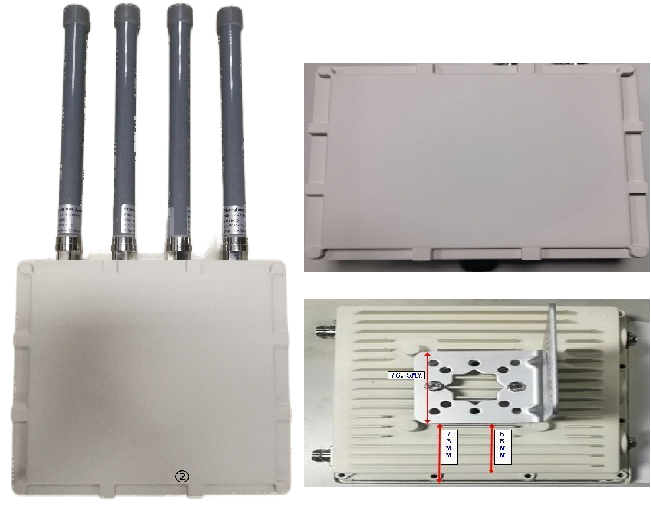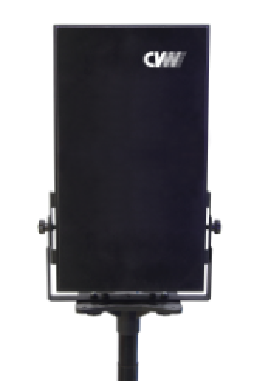Zero-delay without compression series is a popular technology used in various industries, including telecommunications, broadcasting, and video surveillance. These systems provide real-time transmission of high-quality video and audio signals without any noticeable delay. However, ensuring compliance with industry standards and regulations is crucial to guarantee the reliability and performance of these products. In this article, we will explore the main aspects of Zero-Delay Without Compression Series' product compliance assessment, highlighting the importance of compliance testing, the key standards involved, and the testing methodologies employed.
1. Importance of Compliance Testing
Compliance testing is a critical step in the development and deployment of zero-delay without compression series products. It ensures that these systems meet the required industry standards, regulations, and specifications. Compliance testing helps manufacturers identify any potential issues or shortcomings in their products, ensuring they are safe, reliable, and perform as expected. It also helps in building customer trust and confidence in the product's quality and compatibility.
2. Key Standards for Zero-Delay Without Compression Series
Several standards play a significant role in the compliance assessment of zero-delay without compression series products. These standards define the technical requirements and performance criteria that these systems must meet. Some of the key standards include:
a. Video and Audio Compression Standards: Standards like H.264, H.265, and MPEG-2 define the compression algorithms used in video and audio transmission. Compliance testing ensures that the compression techniques employed in zero-delay without compression series products adhere to these standards.
b. Network Protocols: Compliance with network protocols such as TCP/IP, UDP, and RTP is crucial for seamless transmission of video and audio signals over IP networks. Testing ensures that the products comply with these protocols, enabling interoperability and compatibility with other network devices.
c. Quality of Service (QoS) Standards: QoS standards like ITU-T G.1070 define the performance requirements for real-time multimedia applications. Compliance testing ensures that zero-delay without compression series products meet the QoS parameters, including latency, jitter, and packet loss, to deliver high-quality video and audio signals.
3. Testing Methodologies for Compliance Assessment
To assess compliance, various testing methodologies are employed to evaluate the performance, functionality, and interoperability of zero-delay without compression series products. Some of the commonly used testing methodologies include:
a. Performance Testing: This involves measuring the system's performance under different scenarios, such as varying network conditions, to ensure it meets the specified latency, bandwidth, and video quality requirements. Performance testing also assesses the system's ability to handle multiple simultaneous streams without degradation.
b. Interoperability Testing: Interoperability testing verifies the compatibility of zero-delay without compression series products with other devices, such as cameras, encoders, decoders, and network switches. It ensures seamless integration and communication between different components of the system.
c. Security Testing: Security is a crucial aspect of zero-delay without compression series products, especially in applications like video surveillance. Security testing assesses the system's vulnerability to potential threats, such as unauthorized access, data breaches, and network attacks, ensuring robust security measures are in place.
d. Compliance with Environmental Standards: Compliance testing also includes evaluating the product's compliance with environmental standards, such as RoHS (Restriction of Hazardous Substances) and WEEE (Waste Electrical and Electronic Equipment). This ensures that the product is environmentally friendly and does not contain hazardous substances.
Compliance assessment is an essential part of the development and deployment of zero-delay without compression series products. It ensures that these systems meet the required industry standards, regulations, and specifications, guaranteeing their reliability, performance, and compatibility. Compliance testing involves evaluating various aspects, including video and audio compression standards, network protocols, quality of service parameters, and environmental standards. By adhering to these standards, manufacturers can build trust among customers, enhance product quality, and ensure seamless integration with other devices. As the demand for real-time video and audio transmission continues to grow, compliance assessment will play a crucial role in maintaining the integrity and reliability of zero-delay without compression series products.

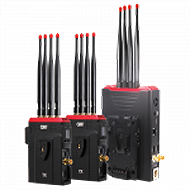 Multi-camera wireless video transmission
Multi-camera wireless video transmission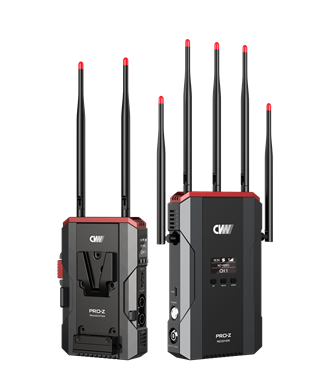 Zero Latency Wireless Video Transmission
Zero Latency Wireless Video Transmission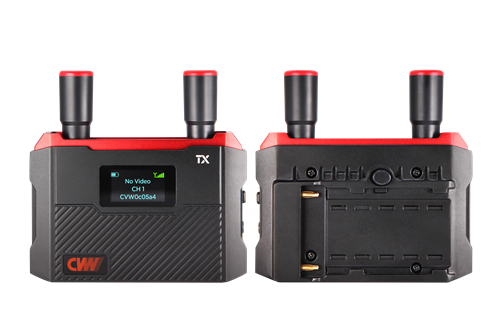
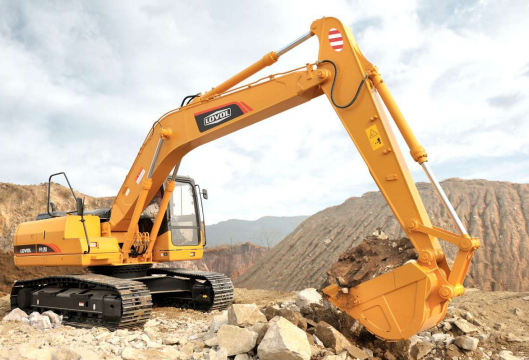 Designed for teleoperating the heavy equipment
Designed for teleoperating the heavy equipment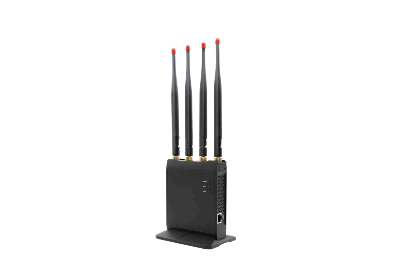 Wireless high-speed data transmission
Wireless high-speed data transmission